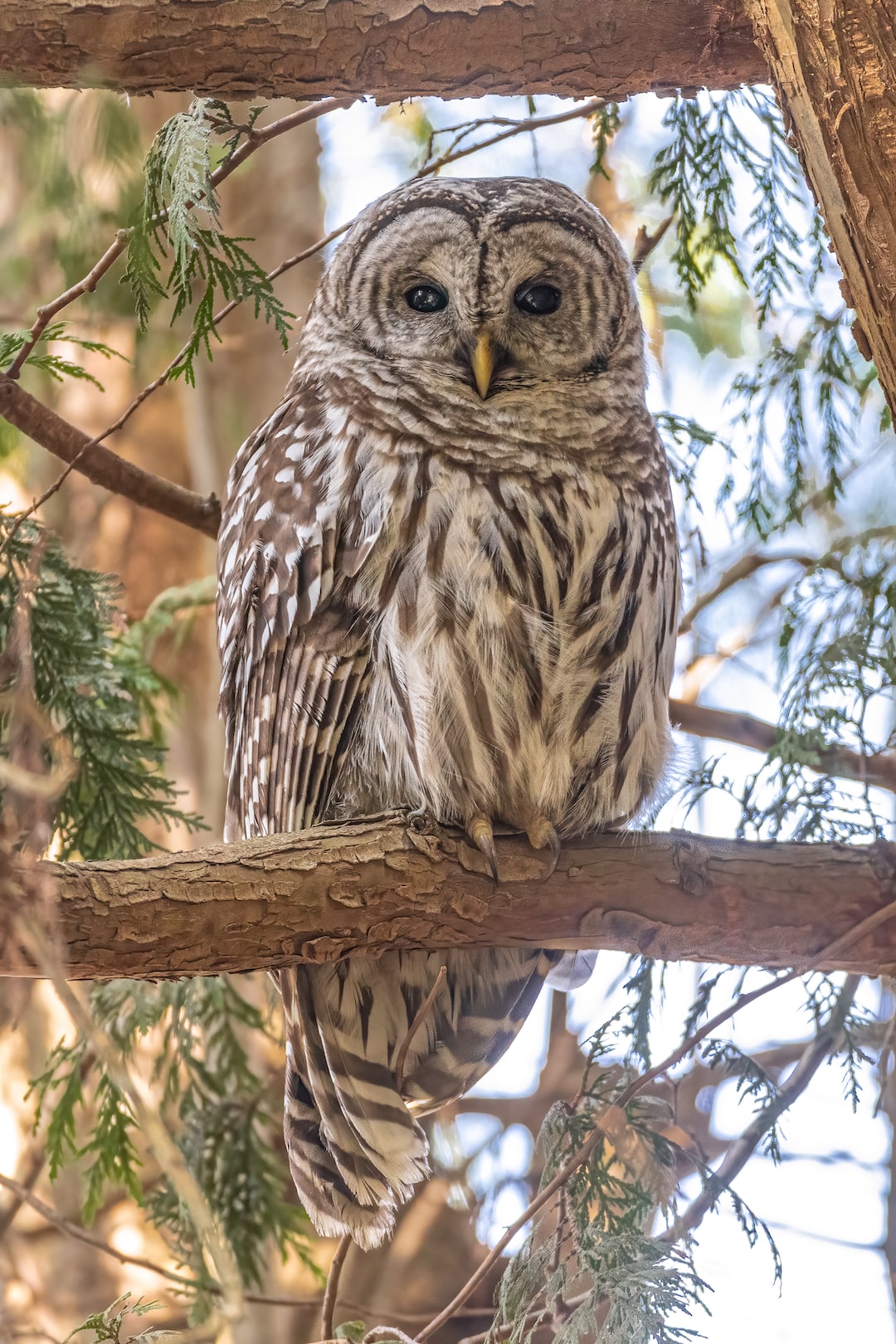The significance of wildlife conservation in ecotourism
In recent years, there has been an increased awareness and recognition of the importance of wildlife conservation. As humans continue to encroach upon natural habitats, there is a growing concern for the well-being of various species and the ecosystems they inhabit. Among the various approaches, ecotourism has emerged as a valuable tool in promoting wildlife conservation. By combining responsible travel and environmental education, ecotourism not only allows individuals to experience the wonders of nature but also plays a crucial role in preserving fragile ecosystems and protecting endangered species.
One of the key benefits of ecotourism in terms of wildlife conservation is its ability to generate sustainable economic development for local communities. By attracting visitors who are interested in observing and learning about wildlife, ecotourism creates valuable revenue streams that can be used to finance conservation efforts. This income can be invested in protecting habitats, supporting research initiatives, and implementing programs to prevent poaching and illegal wildlife trade. Furthermore, ecotourism can provide employment opportunities for local residents, encouraging them to become actively involved in conservation efforts. By creating economic incentives to protect wildlife, it becomes financially advantageous for communities to adopt sustainable practices and preserve the natural environment.
In addition to generating income for conservation efforts, ecotourism fosters an appreciation for nature and wildlife among travelers. Exposure to the beauty and diversity of natural habitats through ecotourism experiences can inspire individuals to become passionate advocates for conservation. By witnessing the splendor of various species firsthand, tourists develop a sense of responsibility towards the protection and preservation of wildlife. This heightened appreciation often extends beyond the trip itself, as ecotourists return home with a renewed mindset and a desire to make sustainable choices in their everyday lives. The knowledge gained during ecotourism experiences can also be disseminated to a wider audience, creating awareness and encouraging a collective effort towards wildlife conservation.
Furthermore, ecotourism plays a crucial role in fostering conservation through education. Many ecotourism initiatives incorporate environmental education as an integral part of the experience. Travelers are often provided with opportunities to learn about the fragile ecosystems they are visiting, the species they encounter, and the threats they face. By understanding the interconnectedness of various species and their habitats, tourists gain a deeper appreciation for the importance of wildlife conservation. This educational aspect of ecotourism helps to dispel misconceptions and promote responsible behavior towards wildlife and the environment. By empowering individuals with knowledge, ecotourism ensures that conservation efforts are not short-lived but become a way of life for both tourists and local communities.
Moreover, ecotourism can contribute to research and monitoring efforts, providing valuable data for conservation initiatives. Through guided tours and involvement in fieldwork, tourists can actively participate in data collection, contributing to research projects focused on various species and their habitats. This citizen science approach not only helps to expand our knowledge of wildlife but also promotes public engagement and awareness. By involving tourists in research and monitoring, ecotourism encourages visitors to become active participants in the conservation process.
Nevertheless, it is imperative to highlight the importance of responsible ecotourism practices in order to ensure the effectiveness of wildlife conservation efforts. It is crucial for tour operators and travelers to adhere to strict ethical guidelines that prioritize the preservation and well-being of wildlife. This includes avoiding disturbance to habitats, practicing non-intrusive observation of animals, and respecting the guidelines set by local authorities and conservation organizations. Educating tourists about the impact of their actions and promoting responsible behavior is crucial to prevent unintentional harm to ecosystems and wildlife.
In conclusion, the significance of wildlife conservation in ecotourism cannot be underestimated. By integrating tourism, education, and conservation efforts, ecotourism has proven to be an effective tool in protecting fragile ecosystems and endangered species. Through sustainable economic development, appreciation for nature, educational initiatives, and citizen science, ecotourism fosters long-lasting conservation efforts that benefit both wildlife and local communities. However, it is essential that responsible practices are embraced to ensure that the positive impact of ecotourism on wildlife conservation is maximized. By striking a balance between tourism and conservation, we can continue to enjoy the wonders of the natural world while safeguarding its future for generations to come.


